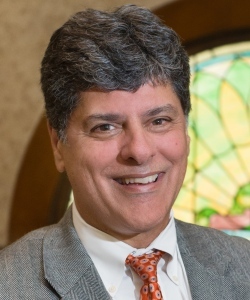First, what does the term “undue influence” mean?
Undue influence is a term that means persuasion exercised by one or more people over someone else, to bring that person to the point of signing a Will, a Trust or a Deed that does not truly represent how that person would want to see their property distributed when they die. Put another way, undue influence is the exercise of control over someone else to interfere with the disposition of their assets. In essence, it is influencing someone else to do something that they would not otherwise do.
It is long-settled law in the State of Connecticut, that in order to prove that someone unduly influenced someone else, you have to show four things:
- There must be a person who is subject to being influenced;
- There must have been some opportunity to exert that undue influence;
- The person alleged to have done the influencing must have had some disposition – or motive – to exert the undue influence; and
- There must be some result indicating the undue influence.
Undue influence usually comes into play when a person is both elderly and ill.
The typical fact pattern is one where you have an elderly person who is either dependent upon someone else or vulnerable to being manipulated by someone else and the person doing the manipulation, stands to benefit financially from that dependency or vulnerability. The influencer usually manipulates the victim into doing something – such as drafting a Will, a Trust or a Deed – in which the person doing the manipulation stands to inherit money, property or other assets that they would otherwise not inherit, if the victim were not vulnerable to being manipulated.
If the influencer is not closely related to the person who died and had a confidential relationship with that person, a legal presumption of undue influence may operate. This presumption can lead to probate disputes, especially when immediate family members are excluded from the Will.
The existence of a confidential relationship sufficient to trigger a presumption of undue influence can grow out of a variety of circumstances. Attorneys, financial advisers, business associates, clergy, nurses, and other professionals most often possess the necessary kind of relationship. That they have influence over the testator and the Will may simply reflect the exercise of their professional duties. The more difficult question is whether their influence is "undue."
The presumption of undue influence is rebuttable by proof of testamentary intent consistent with the disposition under the Will. The court will hear evidence of the testator's mental condition, the terms of the Will, and the circumstances surrounding its execution.
If you suspect that a family member has been the victim of undue influence and would like to protect your rights, please don’t hesitate to call the estate planning attorneys at Cipparone & Zaccaro, PC.

